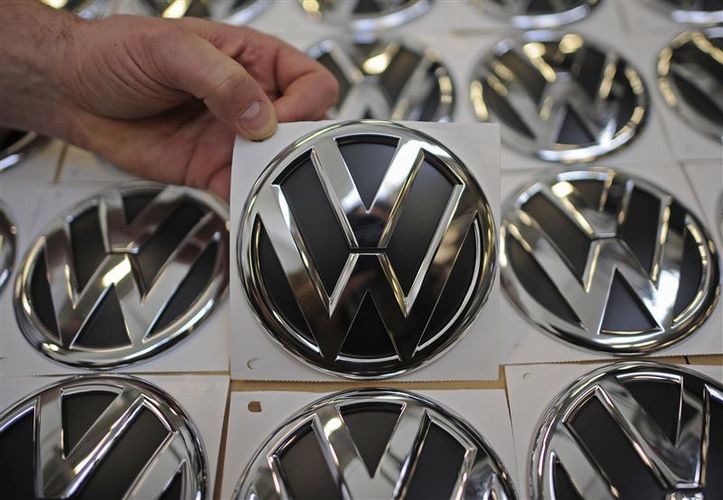Investors across all asset classes have been pummelled by the recent emissions scandal at Volkswagen, but the name has proved to be something of a lucky charm for equity dispersion traders – and not for the first time. The strategy, which typically gets scuppered by downside shocks, delivered surprise profits in the wake of a 37% decline in the German automaker’s stock price that sent shockwaves through the sector.
Equity dispersion has proved to be a popular trade this year based on a view that equity fundamentals would overtake macro factors as a key driver of stock moves.
The trade typically sees investors take a long position in the volatility of constituents of an index through single-stock variance swaps, while taking an equivalent short position in variance swaps linked to the index. The assumption is that as equity prices diverge, volatility on those single stocks will outweigh volatility of the index as a whole.
The big threat to the trade is that a shock occurs, driving correlation to one and causing index volatility to spike, generating losses on the short index vol leg that can wipe out gains made on increased single stock volatility.
Recent macro shocks stemming from China growth concerns, slumping commodity prices and a Fed rate hike that never materialised, have pushed correlation close to Lehman crisis levels leaving many dispersion traders in the red. For many, an extreme bout of idiosyncratic risk courtesy of VW has reversed those losses into a surprise profit after the company’s ordinary shares tumbled by over 30% in two days.
While volatility spiked across the auto sector, it remained relatively contained and the accompanying index vol spike was muted by comparison, leaving dispersion investors with surprising gains.
“Volatility across car makers went through the roof and you would typically expect index volatility to increase more than single stock volatility as correlation jumps, but that hasn’t happened.” said Stephane Mattatia, head of multi-asset strategy at Societe Generale. “All dispersion players made more on the single stock leg than they lost on the index leg so it has been a very profitable trade.”
For example, for a €250,000 vega dispersion trade on the EuroStoxx 50, investors made around €1.4m on the single stock leg and lost €1.2m on the index leg for a €200,000 profit, or around one point of vega.
Shorter-dated maturities outperformed given the sharper spike in short-end vol to deliver around 1.5 points of performance, while December 2016 maturities delivered just under a point of performance.
“In a back test of dispersion returns, you can reasonably expect to make one-to-two points at the end of the trade or lose one-to-two points if it goes wrong, so investors managed to make their entire expected returns in just a few days,” said Mattatia.
History repeats itself
For investors, it isn’t the first time that VW has proved to be the saviour of the dispersion trade.
In October 2008, dispersion traders stood to make huge losses as Lehman Brothers filed for bankruptcy, sending banking stocks plummeting around the world. But European index vol remained below single stock vol during the worst of the Lehman-driven volatility, primarily due to violent shifts seen in VW shares – in the opposite direction.
VW’s dramatic 2008 moves were triggered by takeover talks after it emerged that Porsche had amassed a 70% stake in the company through the purchase of shares and cash-settled options. With the free-float falling to a single digit percentage, a rush to cover short positions drove the stock from €210 to over €1,000 in the space of two days. The dramatic move forced Germany’s DAX index to change composition rules after the stock’s weighting surged from 7% to 27% during that period.
“VW was a lucky charm for dispersion players in 2008 as it was moving in the opposite direction of Lehman, and with such a heavy weighting, it had a real impact on indices,” said Mattatia. “When you get these idiosyncratic moves, the impact on other stocks can be totally unpredictable.”
